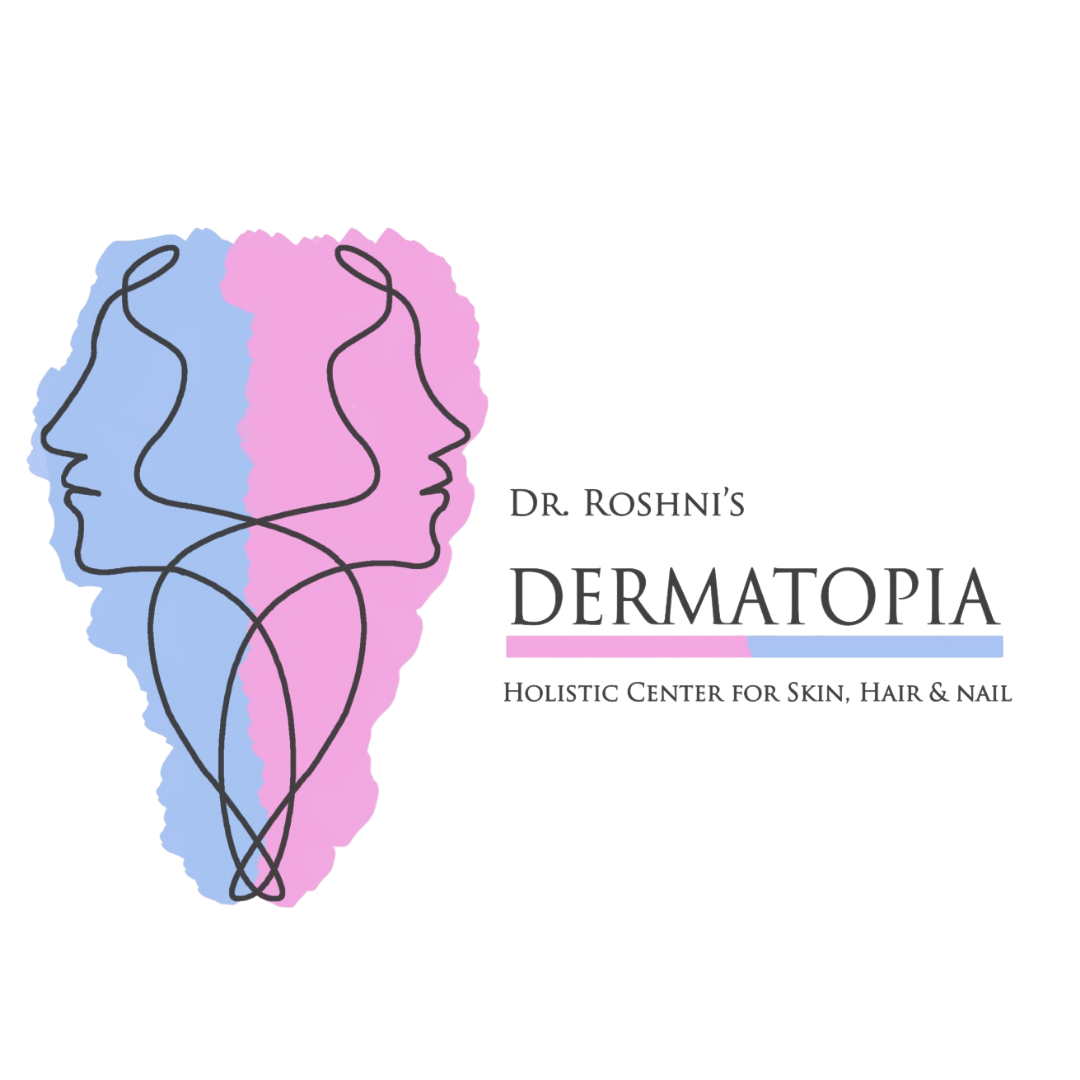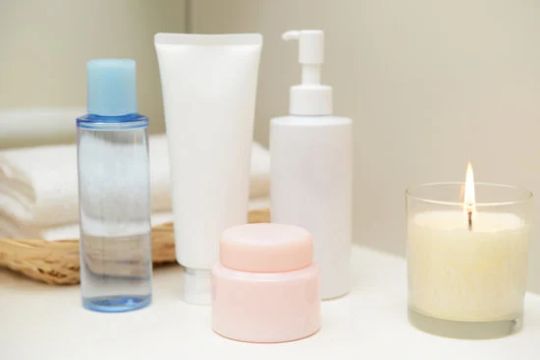
Skin care basics
Skin care basics involve daily habits to maintain healthy skin, such as cleansing, moisturizing, and protecting the skin from sun damage. It is also important to avoid smoking, eat a healthy diet, and manage stress, as these factors can affect the skin’s appearance and health.

Sun protection
Sun protection is essential to maintain healthy skin and prevent sun damage, such as wrinkles, age spots, and skin cancer. Sunscreen, protective clothing, hats, and seeking shade during peak hours are effective ways to protect the skin from the harmful effects of UV radiation.
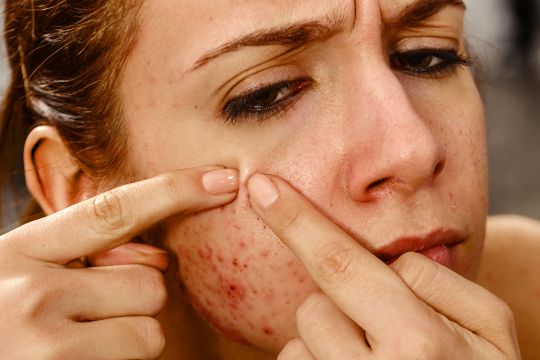
Acne tips
Effective acne tips include maintaining a regular skincare routine, avoiding picking or squeezing pimples, using non-comedogenic products, and managing stress. In severe cases, seeking medical treatment from a dermatologist may be necessary.
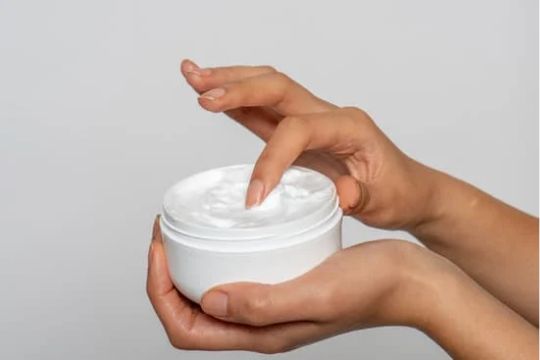
Dry skin care
Dry skin care involves using gentle cleansers, moisturizing regularly, avoiding hot showers or baths, and using a humidifier to add moisture to the air. It is also important to avoid harsh products, such as alcohol-based toners or exfoliants, which can further dry out the skin.
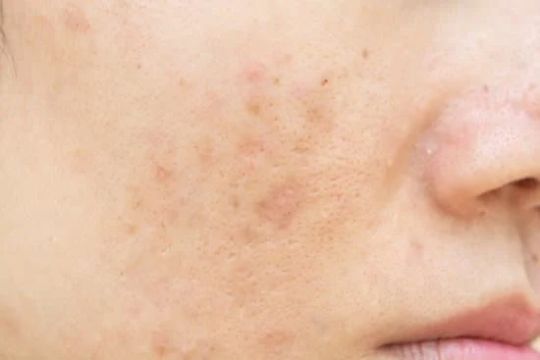
Dark spots
Removing dark spots involves using topical treatments, such as hydroquinone or retinoids, chemical peels, microdermabrasion, or laser therapy. Sun protection is also essential to prevent further darkening of the spots. It is important to consult with a dermatologist to determine the most effective treatment for individual cases.
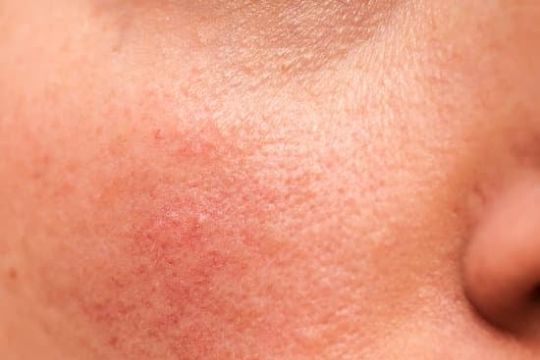
Strawberry skin
Strawberry skin, also known as keratosis pilaris, can be improved with regular exfoliation, moisturizing, and using products containing alpha-hydroxy acids or urea. Avoiding hot showers and harsh soaps can also help reduce the appearance of bumps on the skin.
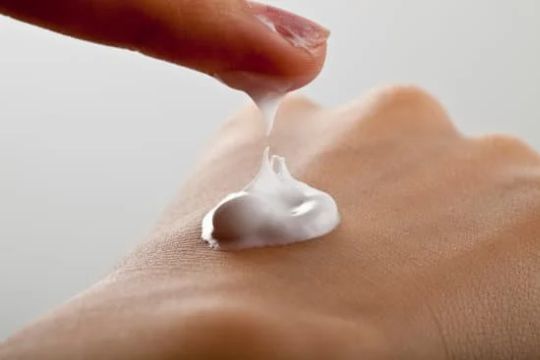
Skin care in different seasons
During the summer, it is important to wear sunscreen and protect the skin from the sun’s harmful rays, while in the winter, it is important to moisturize regularly and protect the skin from cold, dry air. In the fall and spring, a transitional skincare routine may be necessary to adjust to changing temperatures and humidity levels.
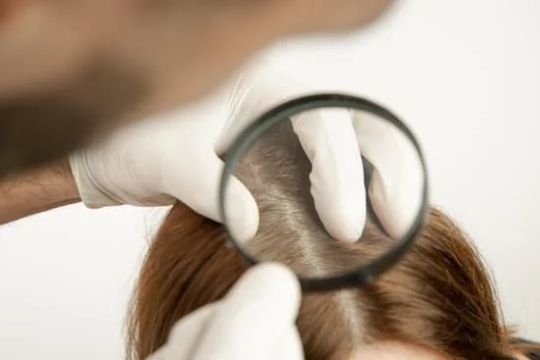
Scalp & hair care
Scalp and hair care involve maintaining a healthy scalp by washing regularly with a gentle shampoo, avoiding harsh chemicals and heat styling, and massaging the scalp to stimulate blood flow. Eating a balanced diet and staying hydrated can also promote healthy hair growth.
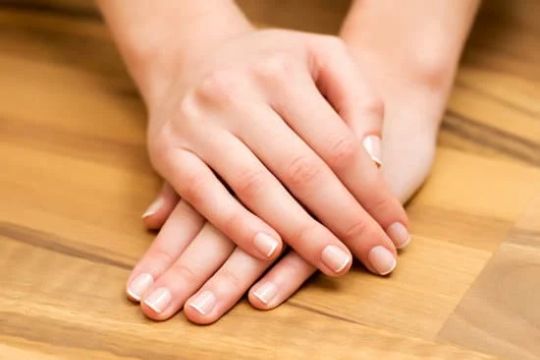
Nail care
Nail care involves keeping the nails clean and trimmed, avoiding biting or picking at them, and using a moisturizing lotion to prevent dryness. Wearing protective gloves when doing household chores or working with harsh chemicals can also help prevent damage to the nails.
